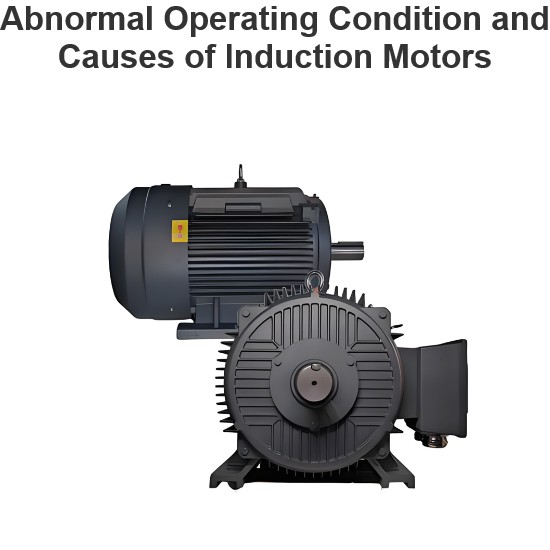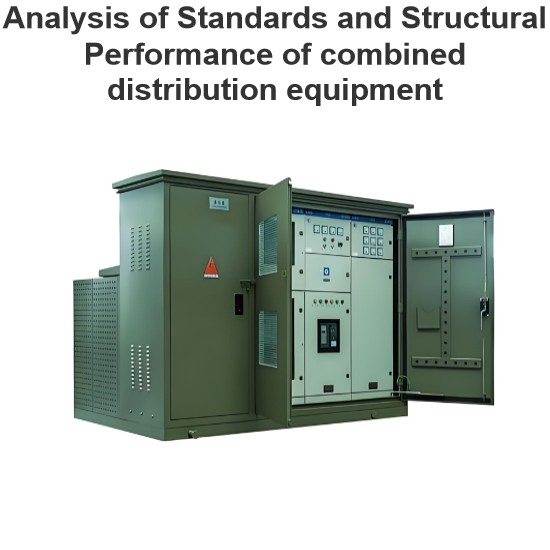What is the reason for using high voltages instead of low voltages in transformers, generators?
The reason why transformers and generators use high voltage.
In power transmission and distribution systems, transformers and generators typically operate at high voltage rather than low voltage, primarily for several key reasons:
1. Efficiency and Loss Reduction
Transformer: High voltage transmission can reduce energy loss during long-distance transmission. According to the principle of electromagnetic induction, when the voltage is increased, the current decreases, and the thermal loss of the current is proportional to the square of the current. Therefore, reducing the current can significantly reduce energy loss due to resistance, improving the overall transmission efficiency.
2. Voltage Regulation and Stability
Transformers: Transformers are able to adjust voltage levels to suit different application scenarios. When transmitting electricity over long distances, the voltage needs to be increased to reduce line losses, and then lowered to a voltage that users can accept upon arrival at the destination through transformers.
3. System Stability
Generator: The generator's fixed voltage needs to match the grid's rated voltage to ensure the stable operation of the power system. If the generator's output voltage is mismatched, it may lead to voltage fluctuations, affecting the stability and safety of the entire system.
4. Safety Considerations
Transformer: Charging the transformer from the high voltage side ensures the safety of the low voltage coil, as the conductors in the high voltage coil are usually thicker and more robustly designed, making short circuits or electric leakage accidents less likely.
5. Equipment Design and Manufacturing
Transformer: The design of high-voltage transformers often employs a twisted construction or other structures that reduce the potential gradient between windings, which helps minimize the risk of failure and enhance the reliability of the equipment.
In summary, transformers and generators use high voltage to improve power transmission efficiency, maintain system stability, ensure safety, and adapt to the design and manufacturing requirements of equipment.
The Electricity Encyclopedia is dedicated to accelerating the dissemination and application of electricity knowledge and adding impetus to the development and innovation of the electricity industry.













